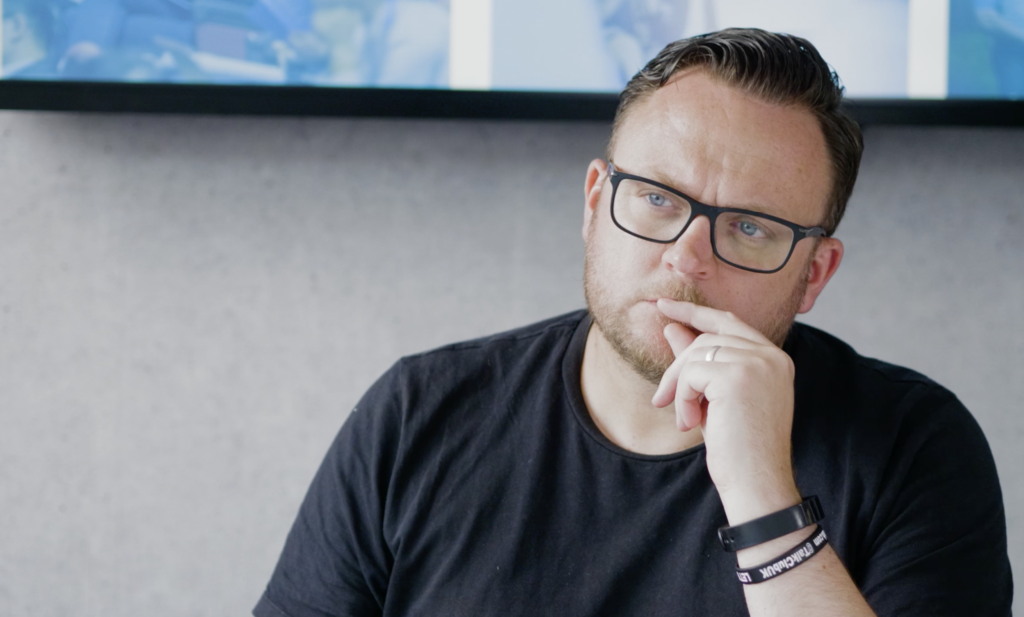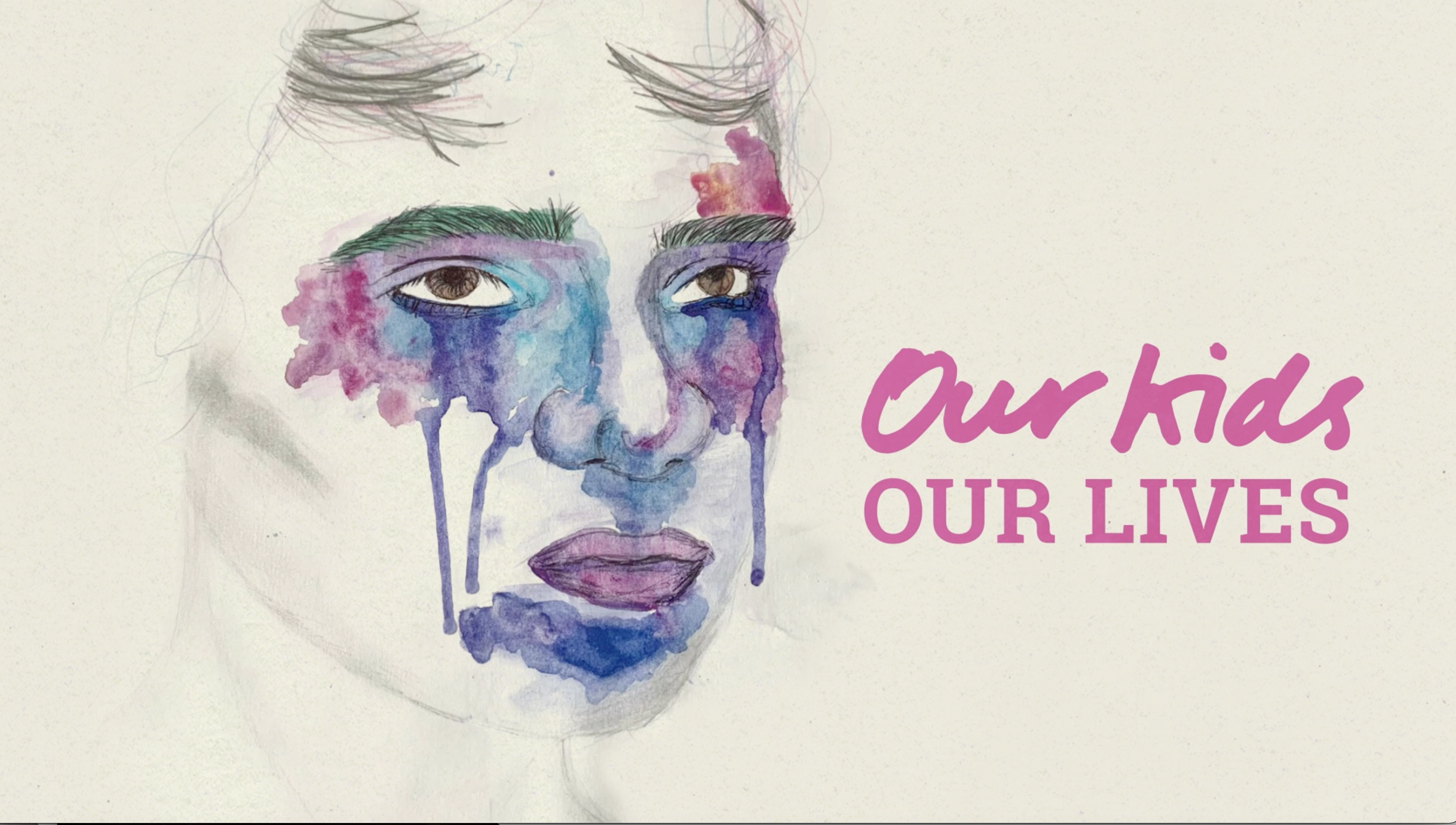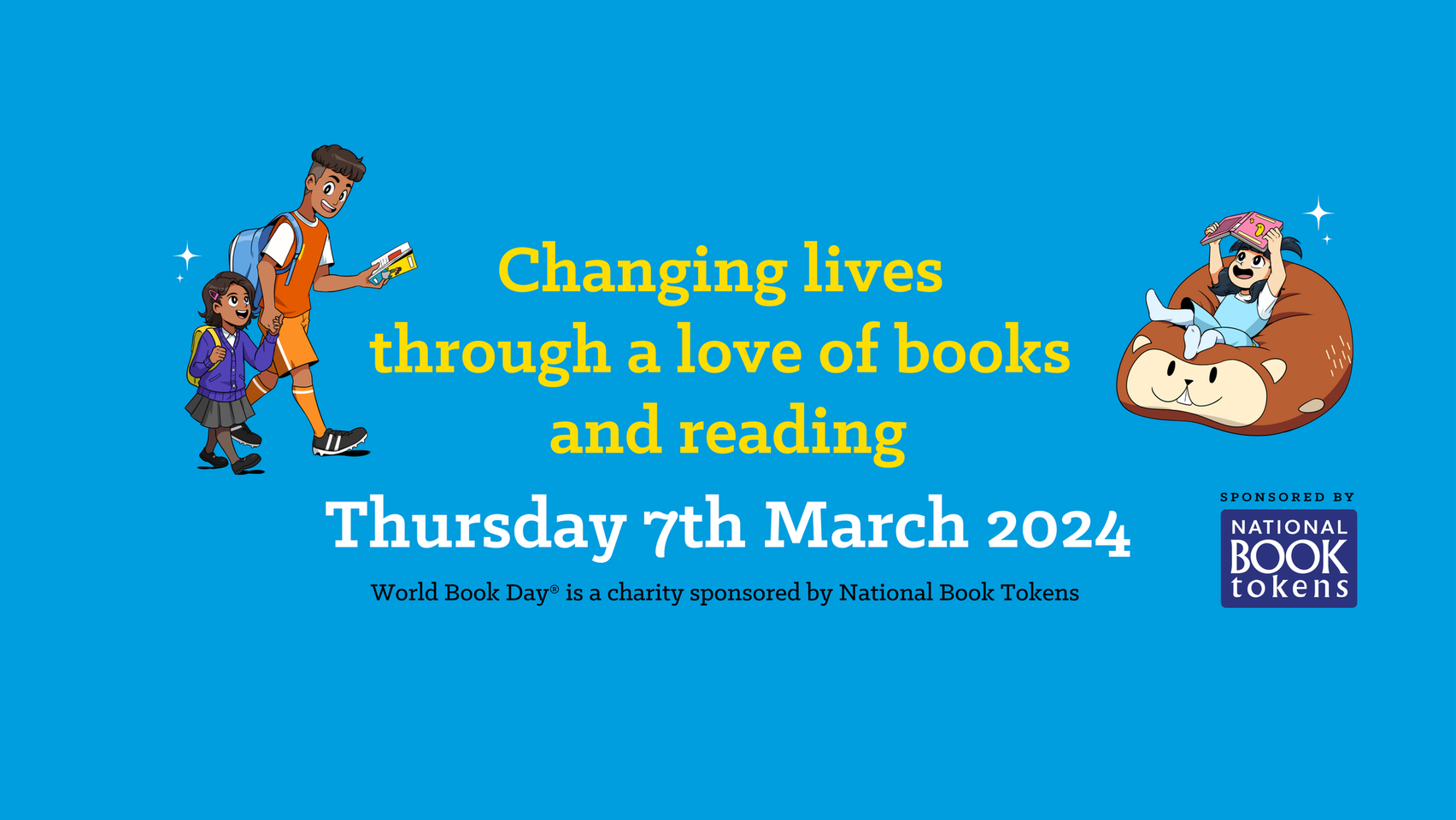Over 200 school children take their own lives every year in the UK, with 25% of all deaths for 15-17 year olds being suicides.
Children and teenagers suffer emotional distress in the same way as adults do, with over 50% of mental health issues presenting by the age of 14.
However, they often struggle to know whether their feelings are normal or how to access help to manage them.
‘Our Kids Our Lives’ comes from award winning filmmaker Ben Akers, the man behind ‘Steve’ and co-founder of Talk Club.
The documentary premiered at the second installation of SHOUT LONDON, The Ashford Place Mental Health Film & Arts Festival, which ran between October 10 and 11.
In the feature length documentary, Ben speaks to children who suffer from mental health issues, as well as parents and experts all to help kids strengthen their mental fitness and prepare them for the world.
He seeks answers to what we can do as peers, parents and individuals to help the next generation suffering from mental illness in our expanding digital world.

While it is clear that there have been initiatives to prioritise the emotional health and mental wellbeing of our younger generation – in particular young people in schools – most are still reluctant to talk about suicide prevention.
Matt Dickinson, 25, Further Education lecturer at Future Lions Academy, Leicester, said: “the way that mental health is implemented within the curriculum can come across very forced at times and it often gets students to over-think and puts thoughts into their heads that wouldn’t normally be there.”
The stigma, avoidance and regular misconceptions around suicide mean people often avoid discussing it in their everyday lives.
Due to this silence, there isn’t enough action being taken to make suicide prevention training a priority for those who work with children and young people.
Laura Fox, 22, a science teacher at Sir Thomas Wharton Academy, Doncaster, says that we should: “try to be teaching mental awareness from as young an age as possible, not just teaching how to look after your health but also teaching how to regulate your emotions.”
Children and young people spend a large part of their lives at school and for those that come from a problem household, this is the only safe place available to them.
With one in four school children self-harming, teachers and school staff are well-positioned to recognise the signs that a student might be at risk of suicide and to respond effectively.
Laura added: “We all have a duty of care to get to know students and report anything that doesn’t seem right”, but despite this, a significant number of people within these environments are unsure of what to do or to say.
July 2021 saw highest ever number of children and young people in contact with mental health services.

With a constantly increasing amount of students attempting to take their own lives, teachers are frightened that they may only make things worse by talking to their pupils about suicide as 7% of 17-year-olds have attempted suicide.
There is currently very little guidance for schools and colleges on how to prevent suicide and support those affected by it.
Matt says that a gradual process in schools can work if done right, saying: “The traffic light process is good for younger age groups. However, with the curriculum becoming harder as the students get older the traffic light system might not benefit them as much.”
Many teachers and school staff do not feel equipped to support students at risk. This can be down to time restraints and a lack of resources.
In a survey commissioned by PAPYRUS, conducted in 2017, the results found that on average 11% of teachers said a student shares suicidal thoughts with them once a term or more.

Despite this percentage clearly showing students are often comfortable enough to speak to teachers, the survey also identified a real need for additional support and further training in the sector.
Opinions from different teachers vary but all agree that mental health awareness should be taught as a key part of school curriculums.
Some say it should be implemented at the start of secondary school, while others call for it much sooner. Laura stated: “Mental health can affect anyone at any age, teaching the kids self-regulation and being able to regulate their emotions should come from as soon as they are in primary school.”
During the documentary Ben speaks with Nick Bennett, the co-founder and co-CEO of Fika, a training and learning platform revolving entirely around mental fitness.
By taking the psychology around mental health and transforming it with the use of data and technology into a platform -available to everyone via the app store – they have created a training framework based around seven skills: stress management, focus, positivity, confidence, connection, motivation and meaning.
They argue the possibility of having their seven skills embedded in school curriculums just like maths and English, and as a result, giving children dedicated time to help look after their own wellbeing and grow as people.
Ben and his team are planning on doing nationwide screenings of their documentary, with the target audience being PTA meetings, teachers and parents.
A GoFundMe is currently on-going as they hope to raise funds for their tour.
Melanie Hall, Head of service primary and community mental health, Primary Care Sheffield added: “I feel hopeful that young people will gain a clear and confident understanding about mental health. I hope it brings compassion for those who have mental health challenges and a feeling of optimism that a person can overcome mental ill health and grow through their recovery.”
If you have been affected by anything similar to the topics of this article, then please seek help to an organisation local to you. Such as Talk Club, Mind and Samaritans.



